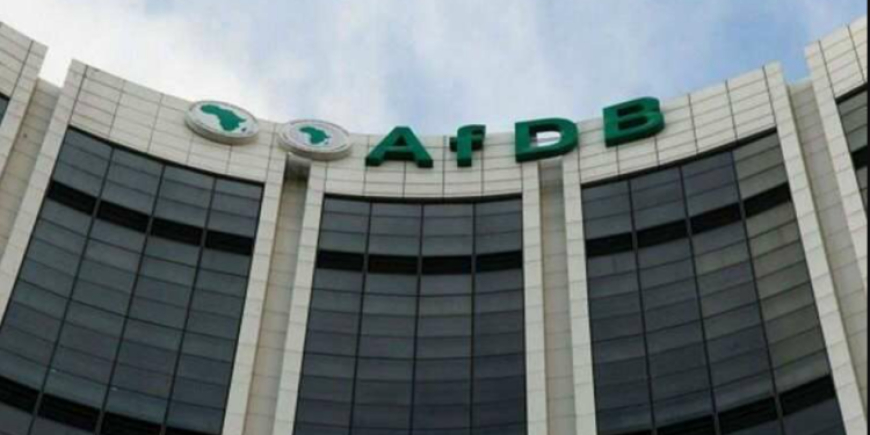AfDB supports AI training to drive Agenda 2063 goal

The African Development Bank has announced support for a new artificial intelligence training initiative to boost the implementation of Africa’s continental development blueprint, Agenda 2063: The Africa We Want.
In a statement on Tuesday, AfDB indicated that through its Joint Secretariat Support Office, it provided technical and financial backing for the fifth annual training workshop for African Union member states on harnessing AI for effective monitoring, evaluation, and reporting on the Second Ten-Year Plan (2024–2033) of Agenda 2063.
Agenda 2063 is Africa’s blueprint and master plan for transforming Africa into a global powerhouse of the future.
It is the continent’s strategic framework that aims to deliver on its goal for inclusive and sustainable development and is a concrete manifestation of the pan-African drive for unity, self-determination, freedom, progress and collective prosperity pursued under Pan-Africanism and the African Renaissance.The five-day workshop, held in Lusaka, Zambia, was jointly organised by the African Union Commission and the African Capacity Building Foundation.
The event brought together representatives from African Union member states to strengthen their technical capacity in using AI tools and digital innovations to monitor, track, and report on the implementation of Agenda 2063. The training is part of broader efforts to enhance institutional and human capacity across the continent.
Participants engaged in practical sessions on emerging AI platforms, including Ailyse, ChatGPT, Google AI Studio, Google Gemini, and Perplexity, exploring how these tools can improve data analysis, enhance decision-making, and promote evidence-based policy development in line with Agenda 2063 priorities.
Speaking at the workshop, Lead Programme Co-ordinator at the African Development Bank Group, Abibu Tamu, reaffirmed the Bank’s dedication to working closely with the African Union Commission and strategic partners to accelerate the implementation of Agenda 2063, particularly its Second Ten-Year Implementation Plan.
“These tools are not only revolutionising how data is collected, analysed, and reported, but they are also enabling more targeted policy interventions and efficient resource allocation,” said Tamu.
The workshop also served as a platform for peer learning and knowledge exchange, with participating countries sharing innovative approaches and best practices in national development planning and results-based reporting.









